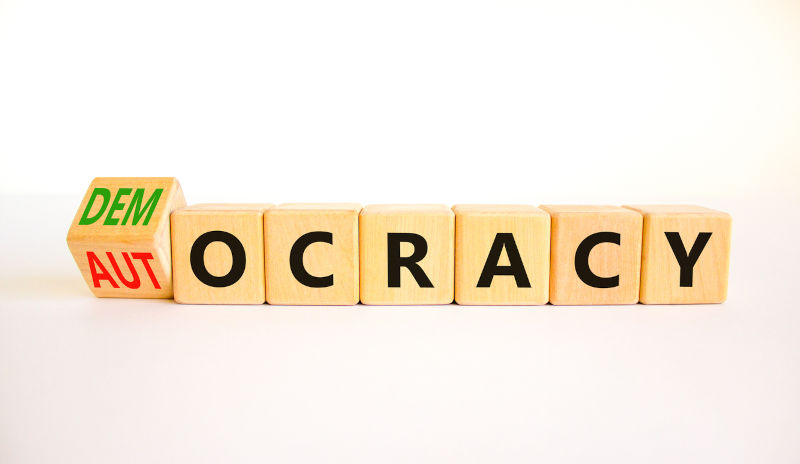White man's brutality and the educated middle-class
February 1, 2023
In Ukraine and in other parts of the world, Western violence and supremacy has been abetted by its educated more than any other group.
This has been clear for the history of the British Empire, one of the most violent to traverse the globe along with its offspring; even the warmongering and provocations of the United States over the past half-century, to this day and beyond, is supported most by none other than the Western creative intelligista.
There was some article here in P&I which quoted Mark Twain as being critical of Australian narratives about its history and treatment of indigenous people.
Upon reading the source material, Following the Equator, however, I found that Twain actually often vocalised the most ardent support of white man’s brutality, as easily as he wove lucid, rich descriptions of Australian culture & language and its cities, towns and landscapes as a visitor prior to Federation.
Of the myth of Tasmanian Aboriginal people being driven to extinction, he expressed a vindictive gladness:
“Passing between Tasmania (formerly Van Diemens Land) and neighbouring islandsislands whence the poor exiled Tasmanian savages used to gaze at their lost homeland and cry; and die of broken hearts. How glad I am that all these native races are dead and gone, or nearly so. The work was mercifully swift and horrible in some portions of Australia. As far as Tasmania is concerned, the extermination was complete: not a native is left.”
Of black people being poisoned at Christmas from a pudding laced with arsenic by a squatter, he mused that swift death by poison was actually more merciful than starving them, hunting them, or making them slaves:
“The squatters judgment was badthat is plain; but his heart was right. He is almost the only pioneering representative of civilisation in history who has risen above the prejudices of his caste and his heredity and tried to introduce the element of mercy into the superior races dealings with the savage. His name is lost, and it is a pity; for it deserves to be handed down to posterity with homage and reverence.”
Of the skill of indigenous peoples, he regularly critiques them as shockingly impressive when considered as ones who occupied the bottom rung on the ladder of human intelligence. It goes on and on.
“The world belongs to the white man,” he posits. The more you read, the more it is clear that he genuinely internalised all of this deeply the duty of white civilisation to overpower the rest, the application of Darwinian evolution to the myth of race. And he was just an outsider visiting Australia.
What lessons does all this bring for us today?
Considering that the National Socialists in Germany also primed their educated middle-class to hate on races, it isnt surprising to see the present developments in the West today, particularly the massive, hysterical fomentation of Russophobia and Sinophobia, especially among the bourgeois and the educated.
Even outside of war, the ideological front has their fingerprints all over it.
The politically savvy in Europe simply cannot touch Russian gas, instead freezing their poor and importing more expensive gas from the US. The Australian sporting elites simply cannot bear the Russian or Belarusian flags in their arenas; further still, the British simply cannot have the players in their country.
The Western media and scientific community portray lockdown protestors as no better than idiots in their own countries, and heroes when confronted in China. The acronym of the Communist Party of China was made CCP to further evoke fear by association.
When it comes to war, invasions and interventions, I think the crux of the mandate nowadays is that many Western educated folks have genuinely internalised that democracy around the world would not survive if it were not for their hand, and impress this upon the rest of the populace.
Matthieu Buge writes on Russia Today: “Coppola had, in the 70s, understood something that former US Secretary of Defence Robert McNamara only came to understand in the 90s when he met with Vietnamese General Vo Nguyen Giap. With astonishment, he suddenly realised that the Vietnamese were fighting a war of independence, not an ideological war. The 20-year conflict in Vietnam had never been about the spread of communism in the world.”
This has already been the case again for the people in the Luhansk and Donetsk Republics, who want to stop being bombed after the past 8-9 years, and want their independence recognised at present it has been recognised only by Russia. But Westerners have truly bought into the idea of this being an ideological war between democracy and autocracy, despite the US clearly not caring about democracy in Ukraine at all in 2014 it backed a coup against a democratically-elected government, in elections certified by the OSCE.
Today, the supposed anti-war folks students, activists; rather, the especially educated are hand in hand with the true aggressors. This is not an aberration, but the norm.
